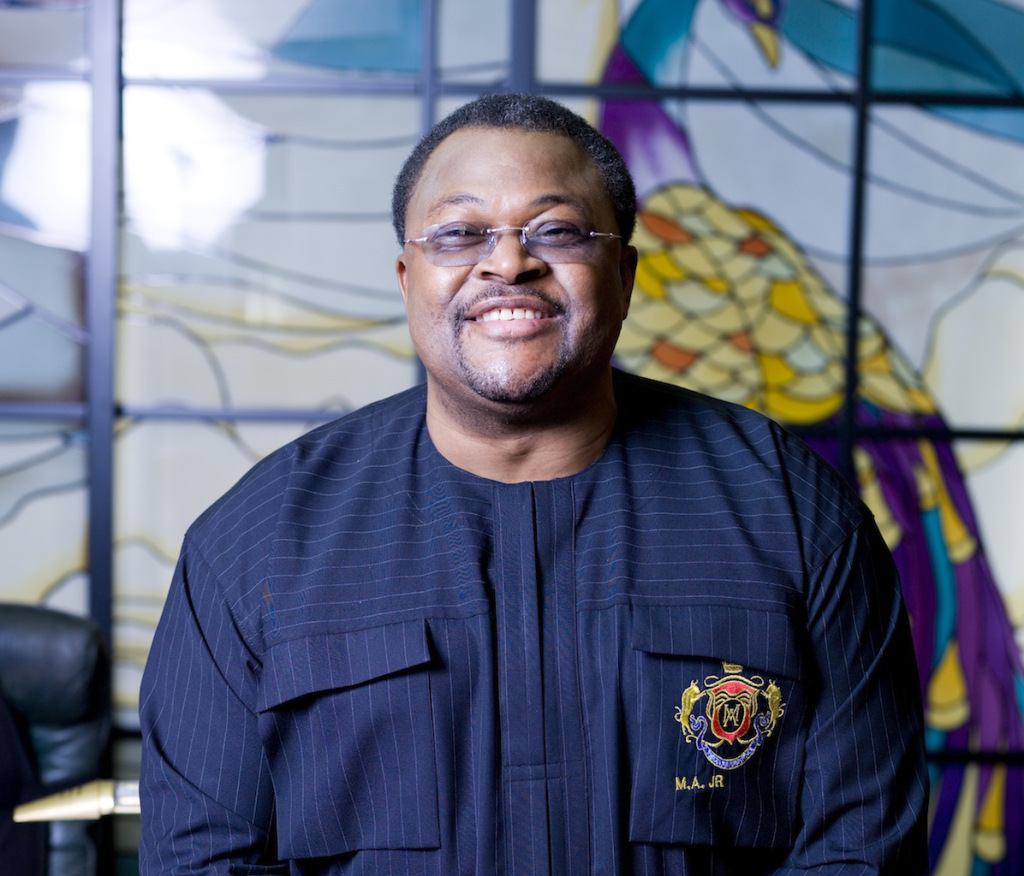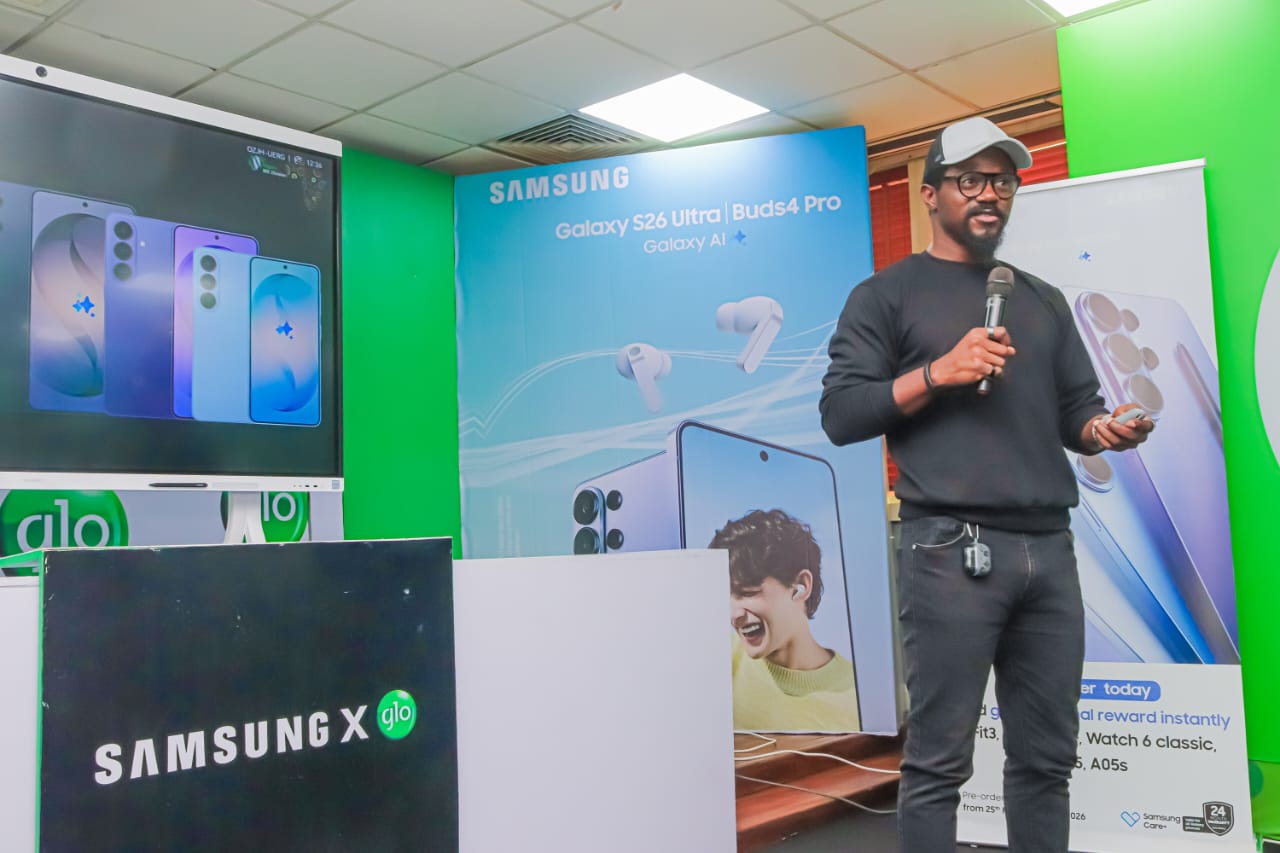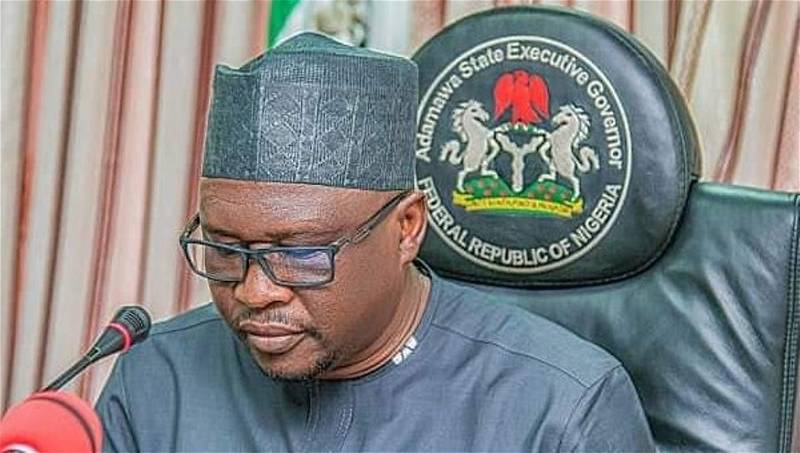By Olabode Opeseitan
It was around mid-day on June 29, 2012. I was neck-deep in work when the call I dreaded most came through. The pleasantry was unusual, very curt. The voice at the other end advised me to be strong and take it like a man. Even without saying it, I knew instantly I had lost my dad who had been on admission at the Obafemi Awolowo University Teaching Hospital, Ill-Ife.
When I visited him one week before his demise, I had a morbid fear he might not make it but I shrugged the thought off and cast my burden on God, hoping that by some strokes of luck, he could pull through. He never did.
I was completely rattled. The macho man in me melted like a bowl of ice cream under a scorching sun. I wept uncontrollably in the private rest room in my office. Our office assistant, Tosin (who later acquired a university degree and became our receptionist), coincidentally came to my office while I was sobbing. Alarmed, having never seen me in that condition, she asked, “Oga, ki lo se yin” (Boss, what’s the matter?).
The seemingly harmless question triggered even a bigger meltdown. As I attempted to answer her, I burst into a ball of tears and sobbed like a baby. Scared, she dashed out and within what seemed like seconds, my office was bursting at the seams with my colleagues. I hated to be seen in that circumstance but I couldn’t help it. I was an emotional wreck. They consoled me and insisted I must leave the office immediately. They arranged for a driver to take me home, insisting I could not drive in that situation. As the driver pulled up in my house about 30 minutes later, my phone rang and it was my Chairman, Dr. Mike Adenuga Jr on the line. I picked the call with a stoic resolve never to give any inclination of the tragedy that just befell me. “Ah. Bode, pele, pele (sorry, sorry, referrencing my loss).
What happened? Was he sick? How old was he?, he asked several questions in quick succession. As I answered him, what was racing through my mind was how did he hear about it so swiftly? I remembered him saying sometime in the past that, “the walls have ears. You cannot be in my position and be oblivious of developments around you”. Quite instructive! He assured me he would stand by me all the way and asked me to let him know when the burial arrangement had been firmed up. Until we did the burial a month later, Dr. Adenuga, who I fondly called Baba, kept a close tab on the arrangements we were making. He shocked me when he said repeatedly even at official meetings that he would attend the event. Though he eventually did not, he supported me morally and financially.
After the event, he asked me to give him the list of all those who supported me financially so that he could say thank you to them. I did not bother him with that but his gesture spoke volume about the genuine heart of a man many had come to love, loathe or dread. That was not the first time Dr. Adenuga would go beyond the call of duty to show unfeigned care for either my humble self or numerous other people working for him. In another personal instance, he had asked the trio of Yinka Akande, Celestine Amucha and my humble self to represent him at the commissioning of House of Ovation, Accra in October 2006 as a reciprocal and appreciative gesture to the Ovation Publisher, Bashorun Dele Momodu for his steadfast loyalty over the years. Unfortunately, we could not get a flight to Accra as all the flights were fully booked. We decided to go by road. Somehow, Chairman, who Dele Momodu incidentally calls the Spirit of Africa, got wind of our plan. He could not believe that young executives in this era could voluntarily opt to go through such an arduous journey in order to fulfill their boss’ mandate.
Right from when we got to Mile 2 to board a public transport till we got to Accra, Dr Adenuga was checking up on us at regular intervals. As if he had a crystal ball through which he was gazing at us (I knew it couldn’t have been any tracking device because back then, Mr. Chairman at best enjoyed using his legendary Nokia Communicator for only calls and text messages until in later years when he added internet browsing), he was calling either by the time we were just reaching or leaving a border point. “You should be at Seme now”, “How is the journey going, are you at Ilaconji now?”, “Are you in Aflao now?”, he kept checking up on us till we got to Accra safely when he finally heaved a sigh of relief and said, “Thank God”. How many bosses would send their staff on assignments and keep checking up on them to find out about their safety and welfare? One of his closest aides then, Prince Tunde Akinyera said Chairman was not at ease until he knew we had reached Accra. He knew the route very well, having traversed it severally when he was building his business empire, crisscrossing from Nigeria to Cote d’Ivoire, the headquarters of African Development Bank. Corroborating that, Chairman would share stories of his experience in those days at each of the borders.
The most poignant was when he missed the closing time at the Lome-Ghana border on his way back to Lagos by a few minutes. The gendarmes snubbed all his earnest entreaties and he had to pass the night in his car right at the border crossing. What made his gesture more significant was that Dr Adenuga himself was going through his personal travails about this time. He was on self exile after ceaseless harrassments by Nuhu Ribadu’s Economic and Financial Crimes Commission who we later heard, had the mandate to nail him at all cost. Time after time, Chairman showed that he was not a General who would send his men to the war front and go to sleep. I ran several errands locally and internationally for him. More than fifty percent of the time, he would call to find out about one’s welfare and the trip. “Awe o”, he would utter in his rich baritone voice even at 5.30am. “Did you make it to the airport in good time? Safe flight and good luck”, he would say as his signature way of giving one moral support. Dr. Adenuga treated me more like his son than an employee. When I wanted to leave Globacom last year to run a family business, Chairman was displeased. Somehow, he felt I would stay with the business longer. However, having spent 14 years supporting in my own little way our much appreciated Chairman’s vision, I pleaded to be excused. Chairman took it harder than I envisaged. Since I made my intention known in April last year until I left in July of the same year, all channels of communication came to a near screeching halt. Knowing that I was not doing anything deliberately to hurt Baba or his business, I stuck to my plan. A few days before my departure from the system, he gave a directive that I should lead a delegation on an international assignment. I carried out the assignment diligently but left as scheduled afterwards.
Almost one year later, Dr Adenuga reached out to me and said the unthinkable. One of Africa’s richest men apologized for the way the system took my decision to leave. He painted my modest contributions glowingly and asked me to return if I wished. I deeply expressed my gratitude to him for his support over the years. He is the quintessential leader with an unimaginable capacity to ride above the storm of the past and reset his relationships with people when he felt the need to do so. Severally, he has recalled or reabsorbed former members of staff who left in the most dramatic circumstances. Some came back voluntarily while he himself reached out to others. For him, it is not about the sentiment but the value the individual has to offer. Yet, there were exceptional instances when he reabsorbed people mainly because he pitied their prevailing circumstances. He epitomizes the deep Yoruba axiom that, “ti a o ba gbagbe oro ana, a o ni ri eni ba sere”, meaning that one needs to banish past disputes into distant memories in order to continually have people to play (or work) with. A couple of years back, Dr. Adenuga shared with me the rationale behind some of his actions. He said at the end of the day when everyone would have retired to their respective homes, he would play back the events of the day in his mind and ask himself hard questions, “Am I fair to him/her? Was he/she fair to me?” He said this was a routine he regularly observed in order to set matters right. Whoever knows Dr. Adenuga would readily concur that he is a genius who has a memory as sharp as a tack. He only needs to meet you once and if he sees you years later, he would recall every detail about you. When he uploads you with various assignments, you would only have yourself to blame to think he has forgotten any of them. Don’t be shocked if you get a call from his office asking you for an update. That alone is triple-filtered trouble. Chairman wants you to be ahead of him. He will spare no rod if he is always the one “chasing after you” for results.
In one of his informal mentoring classes, Dr. Adenuga told me that, “Never rely exclusively on human memory. No matter how sharp, it fails sometimes. As often as possible, once I’m giving someone an assignment, I’m writing it down and posting it somewhere as a stark reminder until the job is done”. In his heart, Adenuga has selected some people as his circle of brothers, friends and family. He has taken it upon himself to sort such people out in life. At intervals, he reaches out and takes care of them in a “life-liberating manner” as a popular writer who later joined politics once described his unconventional generous disposition. In that circle are family members, friends, former Presidents within and outside Nigeria, celebrities, traditional rulers, some members of staff and a mixed grill of other people decided exclusively based on his own parametres.
This often includes indigent people or people totally unknown to him but who are in dire straits. From the blues (as he did severally), Chairman once called me to find out how a media personality who had been supportive in the past was doing. When I enquired and reverted to him that the person was going through a rough patch, he got his office to send the person a ‘hefty’ cheque in the hope that it would help the person to “fill some holes”. He sets his standards high and abides by the standards no matter whose ox is gored. He hardly attends functions. His priorities have always been his business and in later years, he has opted to strike more delicate balance between business and family. You will never see Dr. Adenuga confronting government even when he has enough reasons to fight. His philosophy is that Nigerian governments are too powerful. As such, any businessman who has too much at stake can only fight a sitting government at his peril. Intrinsically, he has internalized that profound saying amplified by King Sunny Ade’s song, “Ojo ni wa a o b’enikan s’ota, eni eji ri leji n pa (we are raindrops, we bear no grudge against anyone, rain falls on everyone). He is friendly with any government of the day. Much more importantly, he minds his own business.
He also has an almost unimpeachable understanding of the political and business terrains of Africa. He has friends in high places across the continent. In business, Chairman adopted the famous Michelle Obama philosophy of when they go low, we go high to his investment in oil and gas. About three years ago, the price of oil headed for a free fall in the international market. Discouraged, many big players stopped investing. Several oil rigs which hitheto were hard to come by became readily available. He wasted no time to strike when the iron was red hot, pumping millions of dollars into the business to develop oil fields allotted his company. The gold digger made the right choice. From the $20s per barrel in 2016, the price of oil is now inching nearer the $80 mark in 2018. Talk about vision, wisdom and pressing the hot button at the right moment.
For over two and half decades, Dr. Adenuga has been digging gold in oil and gas, telecoms, banking, construction and in the process has become the real McCoy, the real deal. In numerous instances, he has made unimaginable successes while on few occasions, things didn’t go quite as well as planned. A man of immense resources and extensive knowledge, he is also ready to admit that he does not know it all. As an imperfect creation, he knows he is not without blemish. He draws substantially from the lessons of his triumphs and shortcomings to shape his actions. As he marks his 65th birthday, one can only wish Dr. Adenuga many happy returns.
Olabode Opeseitan is the Founding Partner of SA&B Mega Resources.

 Boss Picks4 days ago
Boss Picks4 days ago
 Opinion6 days ago
Opinion6 days ago
 Opinion4 days ago
Opinion4 days ago
 Events5 days ago
Events5 days ago
 Adding Value6 days ago
Adding Value6 days ago
 Featured6 days ago
Featured6 days ago
 Headline3 days ago
Headline3 days ago
 News6 days ago
News6 days ago














